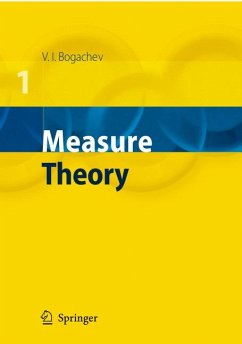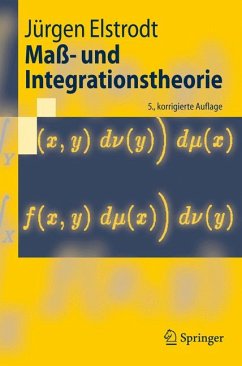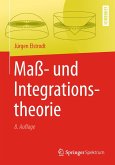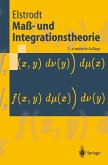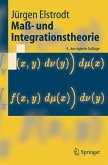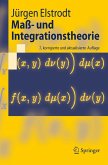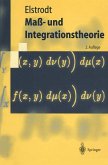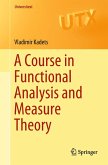This book gives a systematic presentation of modern measure theory as it has developed over the past century and offers three levels of presentation: a standard university graduate course, an advanced study containing some complements to the basic course (the material of this level corresponds to a variety of special courses), and, finally, more specialized topics partly covered by more than 850 exercises. Bibliographical and historical comments and an extensive bibliography with 2000 works covering more than a century are provided.
Volume 1 is devoted to the classical theory of measure and integral. Whereas the first volume presents the ideas that go back mainly to Lebesgue, the second volume is to a large extent the result of the later development up to the recent years. The central subjects of Volume 2 are: transformations of measures, conditional measures, and weak convergence of measures. These topics are closely interwoven and form the heart of modern measure theory.
The target readership includes graduate students interested in deeper knowledge of measure theory, instructors of courses in measure and integration theory, and researchers in all fields of mathematics. The book may serve as a source for many advanced courses or as a reference.
Dieser Download kann aus rechtlichen Gründen nur mit Rechnungsadresse in A, B, BG, CY, CZ, D, DK, EW, E, FIN, F, GR, HR, H, IRL, I, LT, L, LR, M, NL, PL, P, R, S, SLO, SK ausgeliefert werden.
"The main thrust of the very detailed account of this subject by Bogachev in two volumes making up approximately 1100 pages, with 2038 references listed, is a scholarly rendering of its many sided view, some highlights of which will be commented on here. ... The treatment is reader friendly and I would recommend that each graduate real analysis student own both volumes ... and they make a good reference set to keep on ones shelf." (Malempati M. Rao, Zentralblatt MATH, Vol. 1120 (22), 2007)
"Volume one contains the modern foundations of measure and integration theory ... . I should mention that the problems are accessible to students-some of the exercises are especially recommended for students ... . The monograph excels by its clear, scholarly style and the wealth of ... historical comments and references. ... For any library and researchers in mathematical analysis or probability theory these ... are a must-have-for the mathematicalliterature this is a wonderful addition." (René L. Schilling, Mathematical Reviews, Issue 2008 g)
"This is a remarkably comprehensive treatise on modern, as well as classical, measure theory and integration. ... This is an excellent and impressive monograph, which I can strongly recommended to researchers in analysis and probability, to university teachers as well as to students. I am convinced that this ... volume treatise cannot be missing from university libraries and the shelves of mathematicians interested in measure and integration." (EMS Newsletter, December, 2008)

